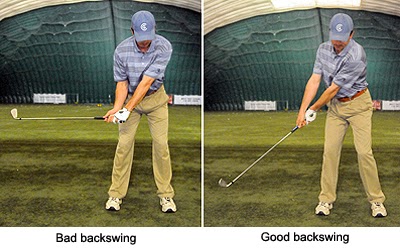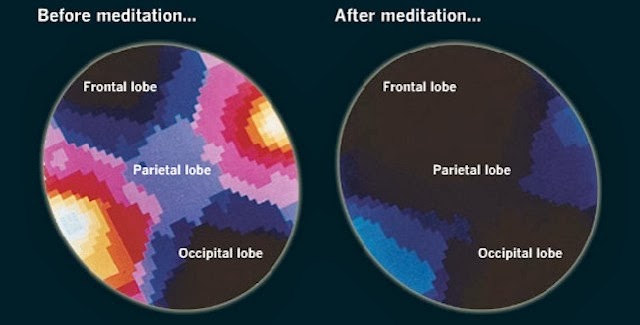Five local professionals and PGA-certified instructors tell
you how to become a better player
Not every player gets to practice before every round with
his teacher hovering behind him, watching his swing, checking for malfunctions,
making sure everything is working just right. Just those on the PGA Tour.
And not every player has the luxury of going for a lesson or
visiting an instructor on a periodic basis, usually because the cost can be
prohibitive.
So, how do you become a better player? What is it that you
need to know to improve your game and lower your scores, which is the desire of
every player who has ever teed a ball, hoisted a club and tried like heck to
make the ball go high, straight and, yes, especially long?
Well, short of having a certified PGA teaching professional
on your payroll, or taking one to the golf course every time you play, the
Post-Gazette has asked five local professionals and PGA-certified instructors
to provide a list of the top 10 tips a player should know and work on to become
a better player.
Consider it the PG's version of Harvey Penick's "Little
Red Book," a compilation of teachings, lessons and musings designed to
help players understand the work, preparation and execution that is required to
lower scores and make golf a more enjoyable game. Or just less frustrating.
The participating professionals are John Aber, head
professional at Allegheny Country Club; Eric Johnson, director of instruction
at Oakmont Country Club; Kevin Shields, teaching professional at Rolling Hills
CC; Sean Parees, teaching professional at Quicksilver GC and Robert Morris
University Island Sports Center; and Jim Cichra, director of instruction at the
Robert Morris University Island Sports Center.
The tips are designed for players of all skill level, but
primarily are geared toward the average player. And, with the average score in
this country over 100, there are plenty of players in search of lessons to
improve their game.








